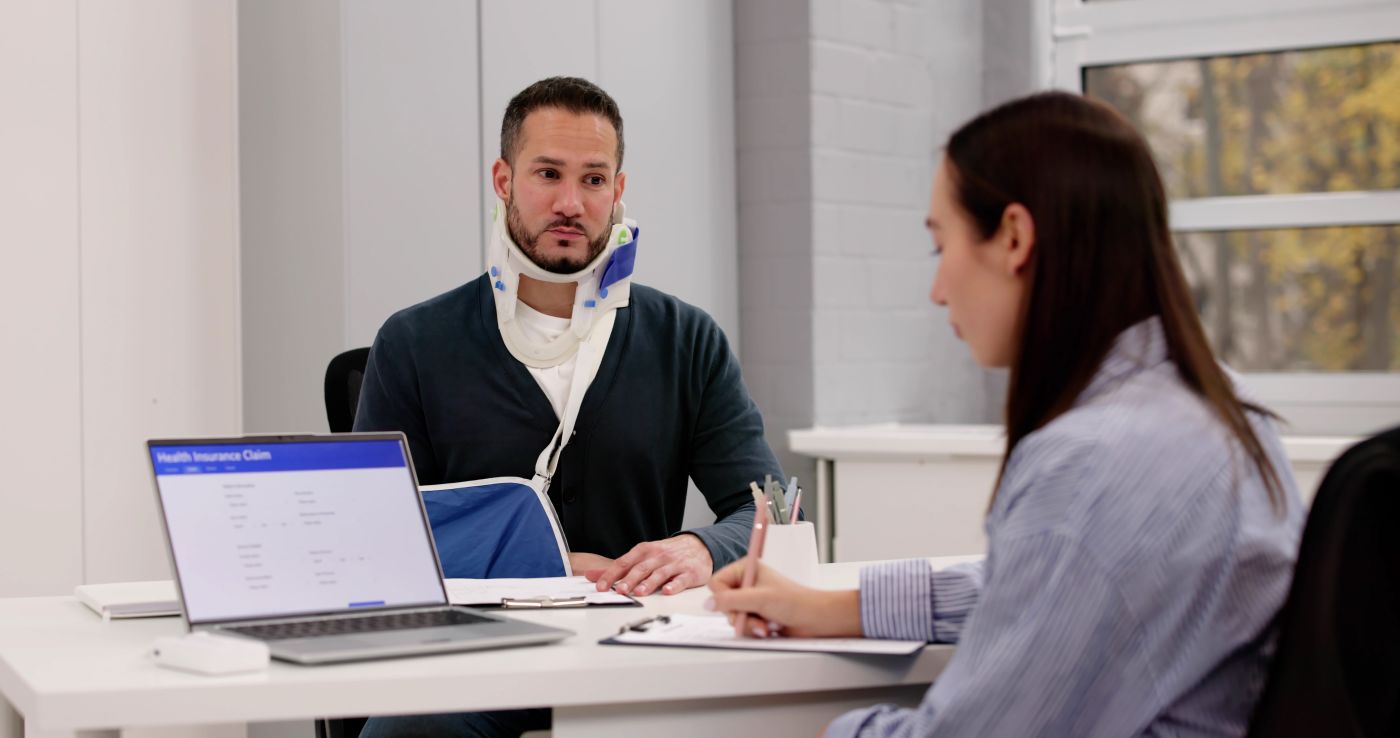
When a product we trust harms us or someone we love, it can feel like reality has turned upside down. Whether it’s a household item, a children’s toy, a car part, or a medical device, we expect the things we purchase to be safe. Unfortunately, that’s not always the case.
Dangerous and defective products cause thousands of injuries every year, leaving individuals and families facing unexpected medical bills, emotional distress, and in some cases, permanent injuries or even loss of life.
We’ve worked with clients in Utah County and Salt Lake County, and we understand just how devastating it can be when a trusted product becomes a source of pain.
At Preston Law Firm in Alpine, Utah, we help people who find themselves in these difficult situations take legal action to hold manufacturers accountable. If you or a loved one has been harmed by a dangerous product, we’re here to guide you every step of the way. Reach out to us today to explore your options and protect your rights.
What Makes a Product Defective?
Before we can hold a manufacturer accountable, we have to determine whether a product is legally considered “defective.” Not every injury caused by a product automatically means the product was defective, but certain types of defects make a manufacturer liable.
There are three main types of product defects that can lead to legal action:
Design defects: These are flaws that exist before the product is even manufactured. In other words, the product is dangerous by design—even when it’s made exactly as intended.
Manufacturing defects: These occur during the production process. A product might be safe in theory, but a mistake during assembly or packaging makes it dangerous.
Marketing defects (failure to warn): Sometimes a product is dangerous only if used improperly. If a manufacturer doesn’t provide adequate instructions or warnings, they may be held responsible for resulting injuries.
Once we understand what type of defect caused the injury, we can begin building a strong case.
Who Can Be Held Responsible?
In many cases, the manufacturer is directly responsible for defective products. But they’re not always the only party that may be held liable. Depending on how the product reached the consumer, several entities might share responsibility.
Parties who may be held liable include:
Manufacturers: Whether they produce the entire product or just a part, they’re responsible for the safety of what they produce.
Distributors and wholesalers: These parties help move the product from the manufacturer to the retailer. If they knew—or should have known—about a defect, they could be liable.
Retailers: Even if they didn’t make the product, retailers may be held accountable for selling a dangerous item to the public.
We help our clients identify all possible responsible parties. The more complete the picture, the stronger the legal case becomes.
How Product Liability Laws Work in Utah
Utah law offers strong protections for consumers injured by defective products. If you’ve been hurt by a dangerous product, you don’t have to prove that the manufacturer was negligent. Instead, product liability claims in Utah fall under what's called strict liability.
This means we only have to prove:
The product was defective
The defect existed when it left the manufacturer
The defect caused your injury
This legal approach benefits injured consumers, but it doesn’t make the process automatic. We still need to gather strong evidence, connect the defect directly to the injury, and defend against arguments the manufacturer may use to avoid responsibility.
What You Should Do After a Defective Product Injury
If you or a loved one has been hurt by dangerous or defective products, your health and safety come first. But taking a few important steps early on can help protect your rights and support a future claim.
Steps to take after a defective product injury:
Seek medical attention immediately: Your health should be your top priority. A doctor’s report also serves as important documentation of your injury.
Preserve the product: Don’t throw it away. Keep the defective product, its packaging, instructions, and receipts if you have them.
Take photos and notes: Photograph your injuries, the product, and where the incident occurred. Write down what happened while it’s still fresh in your mind.
Report the incident: You may want to file a complaint with the Consumer Product Safety Commission (CPSC) or a similar agency.
Avoid posting details on social media: What you say online could be used against you later. It's best to keep details private.
These actions can make a significant difference when it comes time to pursue legal action.
What You Can Recover in a Product Liability Case
When a defective product causes harm, the law allows you to seek compensation for what you’ve lost. These losses can go far beyond medical bills, especially if the injury affects your long-term health or quality of life.
Types of compensation you may be entitled to:
Medical expenses: Current and future costs of treatment, medication, and therapy.
Lost income: If you miss work or can’t return to your job because of your injuries.
Pain and suffering: Compensation for physical pain and emotional distress.
Property damage: If the defective product damaged your belongings or property.
Wrongful death damages: If a loved one died because of a defective product, family members may be eligible for additional compensation.
Our goal is to help you recover everything you’re entitled to, so you can focus on healing and moving forward.
What We Do to Help You Build a Strong Case
Holding a manufacturer accountable for a defective product isn’t just about filing paperwork. It’s about gathering the right evidence, making a clear case, and standing up to powerful companies.
Here’s how we help our clients build strong product liability claims:
Investigate the product defect: We examine the product itself, how it was made, and whether similar complaints have been filed.
Gather medical and technical evidence: We collect records, expert opinions, and safety data to support your claim.
Identify liable parties: We don’t stop at the manufacturer—we look at everyone involved in getting the product to you.
Negotiate with insurers and corporations: We deal with the other side so you don’t have to, and we push for a fair settlement.
Prepare for court if needed: If we can’t reach a fair resolution, we’ll take your case to court to fight for compensation.
You don’t have to go through this process alone. We’re here to handle the legal side while you focus on recovery.
How Long You Have to File a Claim in Utah
In Utah, there’s a time limit to file a product liability lawsuit. This is known as the statute of limitations, and missing the deadline could prevent you from recovering compensation altogether.
According to Utah Code § 78B‑6‑706 (2024):
You typically have two years from the date of injury to file a personal injury lawsuit (specifically for defective products and other product liability claims).
For wrongful death cases, you generally have two years from the date of death.
If the case involves a government entity, the deadline may be shorter.
There are some exceptions depending on the circumstances, but it’s always best to act quickly. The sooner we get started, the better we can preserve evidence and build your case.
Common Examples of Dangerous Products
We’ve seen a wide range of defective product cases across Utah County and Salt Lake County. Some products are more prone to defects and recalls than others.
Examples of products that often lead to injury claims:
Automobile parts: Faulty airbags, brakes, or tires can lead to serious accidents.
Children’s toys: Toys with choking hazards, toxic materials, or sharp edges.
Medical devices: Defective implants, pacemakers, or surgical tools.
Household appliances: Products that catch fire, explode, or cause electric shock.
Pharmaceuticals: Medications with dangerous side effects or incorrect labeling.
If a product caused harm, we want to know about it—even if it hasn’t been recalled or widely reported.
Contact an Experienced Product Liability Lawyer
If you or someone you love has been hurt by defective products, don’t wait to take the next step. The sooner you act, the stronger your case will be. At Preston Law Firm, we help clients throughout Utah County and Salt Lake County seek justice after dangerous products change their lives.
From our office in Alpine, Utah, we’re committed to helping everyday people hold powerful companies accountable. You don’t have to do this alone. Let’s talk about your options and start building a path forward together.
Reach out to Preston Law Firm today for a free consultation and take the first step toward fighting for justice.


